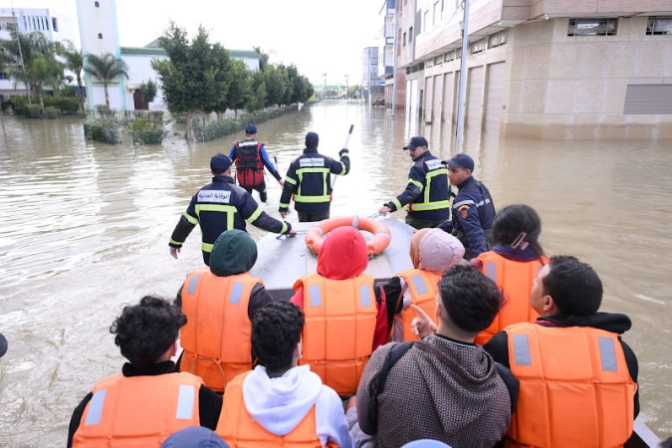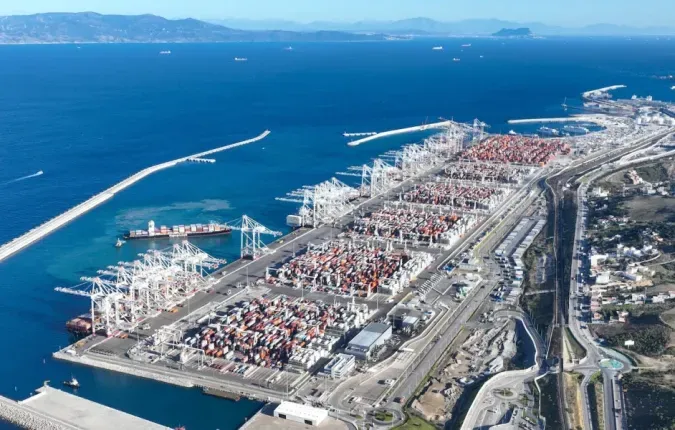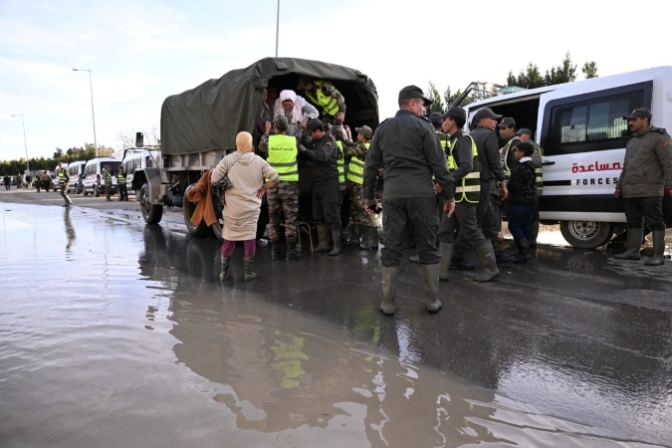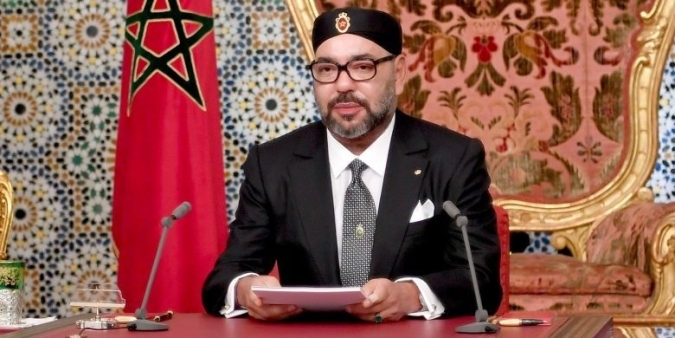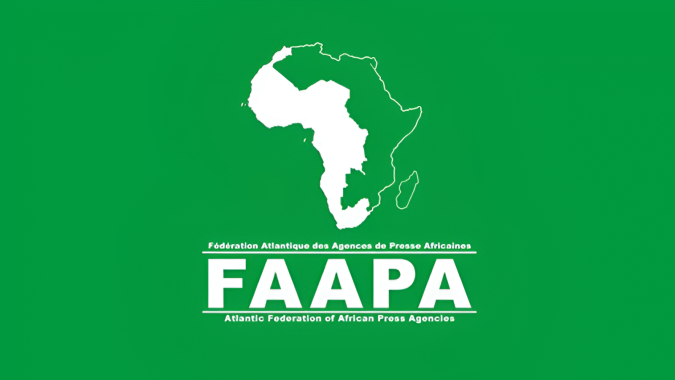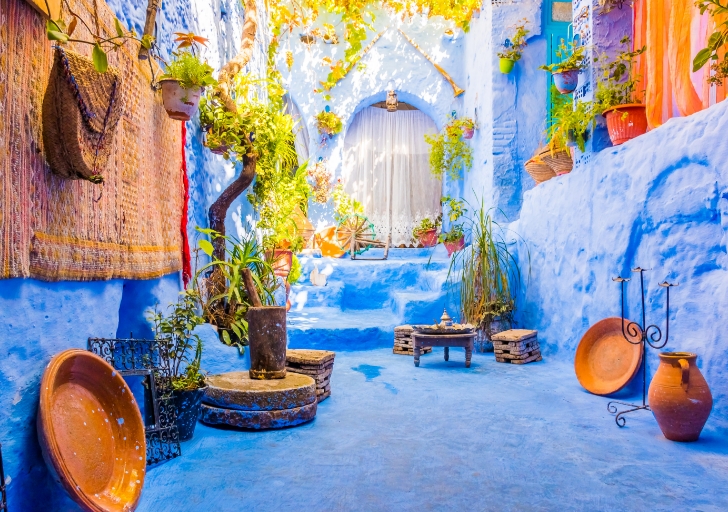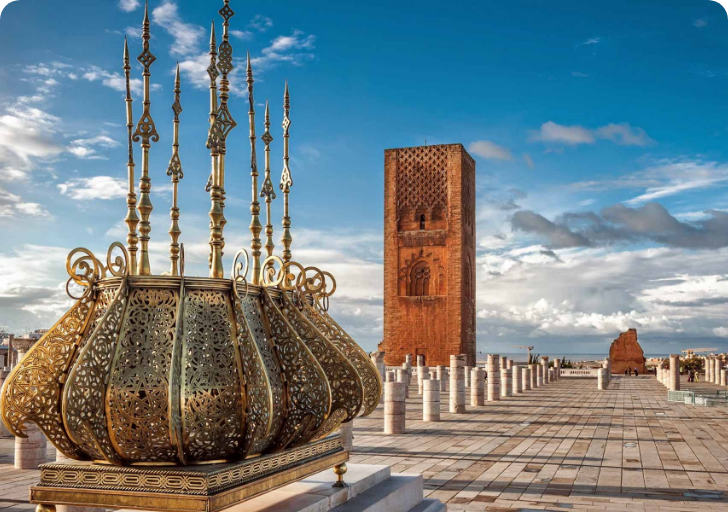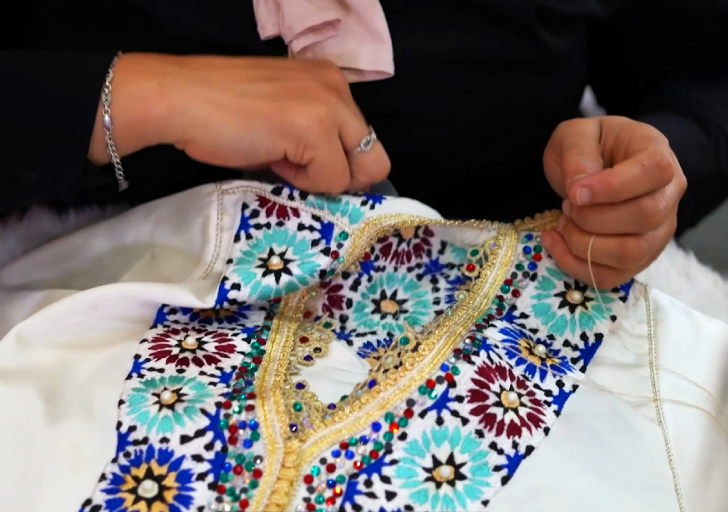
Morocco, represented by the Kingdom’s ambassador and permanent representative to the United Nations, Omar Hilale, was elected on Tuesday Vice-President of the 3rd UN Conference on Landlocked Developing Countries, held in Awaza, Turkmenistan.
The election was announced during a plenary session of delegations taking part in the conference (August 5-8), in which Morocco will be among the countries representing the African continent.
“Morocco’s role was lauded through my election as Vice-President of the conference, which will allow us to be more active in debates and parallel meetings,” Hilale told MAP.
This conference comes at an opportune moment, having been postponed twice, he stressed, pointing out that landlocked developing countries account for 9% of the world's population and one-sixth of UN member states, which illustrates their scale.
The Moroccan diplomat stressed the importance of this event, which highlights the difficulties and challenges facing these countries, and offers the international community an opportunity to discuss ways of helping them.
This conference will result in a political declaration of solidarity with landlocked developing countries, giving them greater attention, while working collectively to strengthen their support, notably through an action plan focused on building their resilience and adaptive capacity, encouraging and facilitating trade, attracting investment and improving access, all important levers for breaking their landlocked status, he added.
He also highlighted His Majesty King Mohammed VI’s vision in supporting and cooperating with landlocked developing countries, citing two major initiatives, namely the Atlantic initiative to provide Sahel countries with free access to the Atlantic Ocean, and the initiative to open up Sahel countries, an essential and strategic action of South-South solidarity for these States.
Morocco is set to take part in three parallel sessions of the conference in order to underline the Royal strategy to support these countries, the Kingdom’s policy within the general framework of the 2030 Agenda, as well as Morocco’s solidarity actions, mainly in Africa, Hilale said.
This conference will help these countries face two main hurdles, namely underdevelopment, as the majority of these countries are developing, and the difficulty of access to connectivity, transport and trade networks, which raises their imports and exports costs and slows down their development, he added.
(MAP: 05 August 2025)
